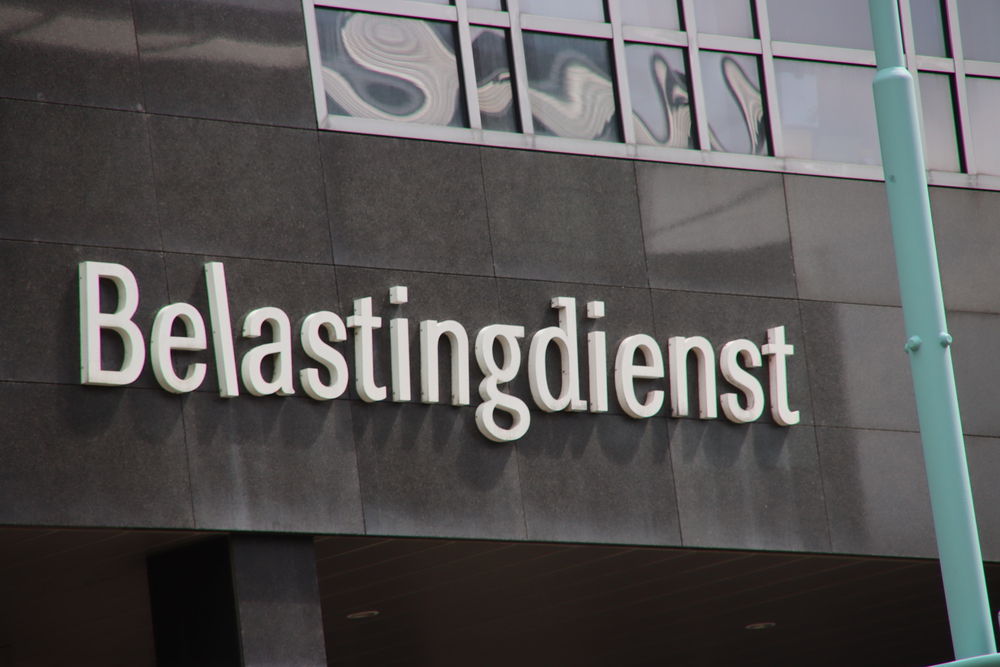Hotel tax hike will raise 40% of what ministers hope: economists

The right-wing cabinet will not earn as much as it expects from increasing value-added tax on hotels and other tourist accommodation from 9% to 21%, ABN Amro economists said on Thursday.
Ministers estimate the increase will generate €1.2 billion for the treasury, of which €910 million should come from hotels. The figure is based on total spending of €6.8 billion.
But ABN Amro says the €6.8 billion is based on spending on food, drink, bike rentals and other activities organised by hotels, as well as beds. And these activities, the economists point out, will not be affected by the increase in btw.
In addition, 40% of hotel guests are on business trips, and companies can claim the tax back, the economists said. In total, they estimate the tax increase will affect 39% of hotel sales, and that it will bring in €285 million, rather than €910 million.
Knock-on effect
The increase will also put up room prices and that in turn will cut the number of bookings, which will again affect vat income. Hotels in border areas will be particularly hit, as tourists opt to stay in Germany or Belgium, where prices are considerably lower.
Local authorities will then notice the impact in the form of lower tourist tax receipts, as will restaurants and all the other amenities tourists use.
In short, “the planned btw increase is likely to bring more damage than benefits,” the bank’s economists said.
ABN Amro is not the first to question the cabinet’s ambitions. In May, the government’s economic think-tank CPB said the plan to cut the civil service by 22% was “not plausible”.
Economists have also criticised the plans, pointing out that much of the funding for new spending will come from cutbacks which are “as soft as butter”.
“It is very doubtful as to whether this new government can actually save as much as it says,” government finance professor Bas Jacobs, from Amsterdam’s VU university, told news website Nu.nl.
Three planned savings in particular, he said, will be difficult to achieve: €1.6 billion on the Dutch contribution to the EU, €1 billion on cutting the number of asylum seekers and the cuts to the civil service.
Thank you for donating to DutchNews.nl.
We could not provide the Dutch News service, and keep it free of charge, without the generous support of our readers. Your donations allow us to report on issues you tell us matter, and provide you with a summary of the most important Dutch news each day.
Make a donation